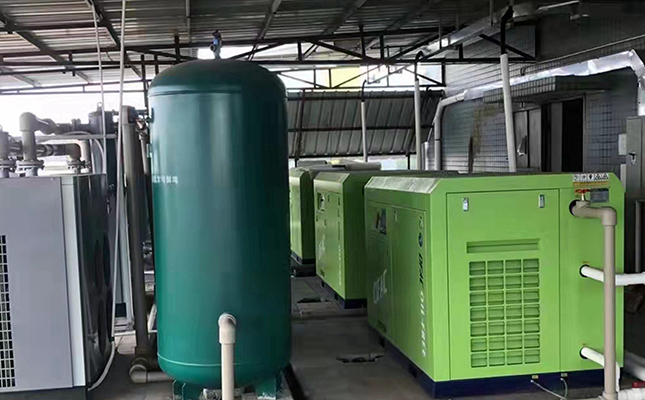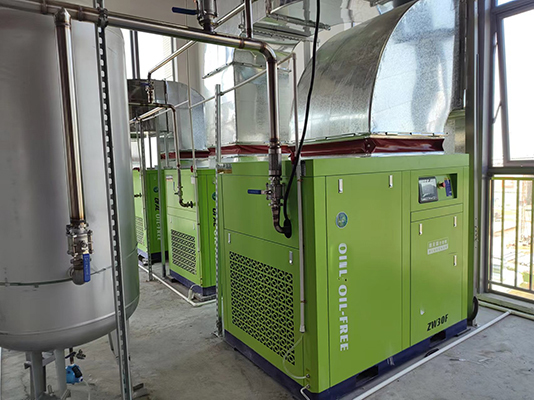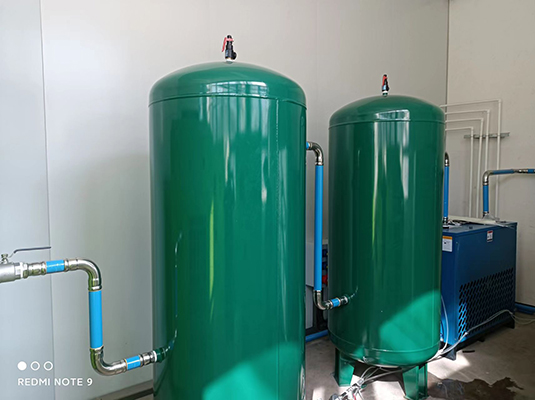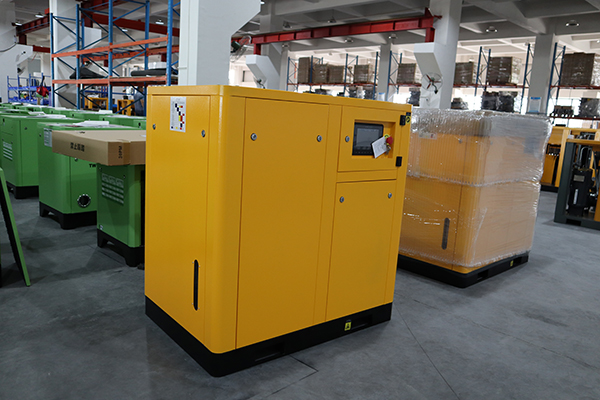Efficient Variable Frequency Screw Air Compressors for Energy Conservation in Factories
News 2025-10-31
In the industrial landscape, energy efficiency plays a critical role in reducing operational costs and environmental impact. Variable frequency screw air compressors are advanced systems that optimize air delivery by adjusting motor speed to match real-time demand. This technology not only minimizes energy waste but also enhances overall system reliability in factory settings. By integrating these compressors, facilities can achieve substantial reductions in electricity consumption, making them a key component in modern energy management strategies.

Application Scenarios
Factories across various sectors, such as automotive manufacturing, food processing, and textile production, rely on consistent compressed air for operations like pneumatic tools, control systems, and material handling. In these environments, air demand fluctuates throughout the day, and variable frequency compressors excel by providing precise air flow adjustments. This adaptability ensures efficient performance during peak and off-peak periods, preventing energy loss from over-compression and supporting sustainable practices in high-demand industrial processes.
Performance Advantages
These compressors offer superior energy savings through their ability to modulate output based on load, often reducing consumption by up to 30% compared to traditional fixed-speed models. Additionally, they feature enhanced durability with less mechanical stress, leading to lower maintenance needs and extended equipment life. In industrial applications, this translates to improved process control, reduced downtime, and better alignment with regulatory standards for energy efficiency, making them indispensable for optimizing factory operations.
Frequently Asked Questions
1. What is variable frequency technology in air compressors?
It adjusts the motor speed to match air demand, ensuring energy is used efficiently without excess operation.
2. How do these compressors save energy in factories?
By varying speed based on real-time needs, they avoid energy waste from constant high-speed running, potentially cutting consumption significantly.
3. What maintenance is required for these systems?
Regular checks on filters, oil levels, and electronic controls are essential to maintain optimal performance and longevity.


